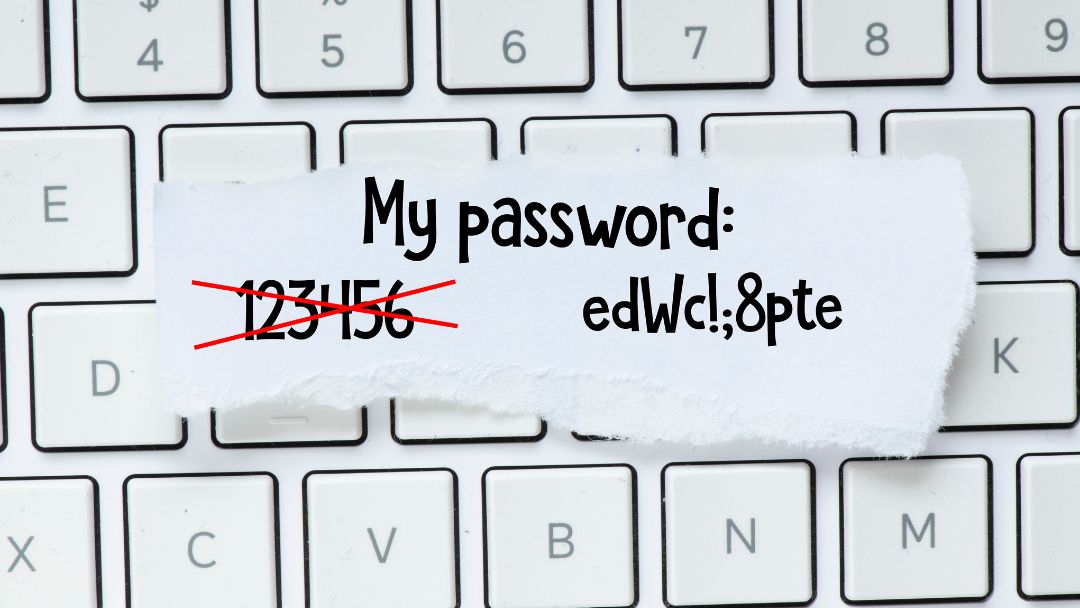

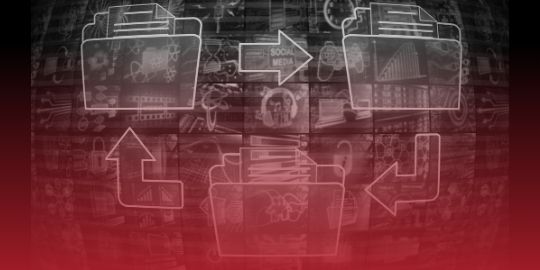
Data Backup vs. Replication: What it Means
The Cost of Inadequate Protection The reality is, relying on a single data protection method is like building a house on sand. Imagine your mission-critical systems going offline for hours, or losing years of valuable customer data. The financial impact alone can be...
Spring Cleaning for Your Computer: Boost Performance and Extend Its Life
Why Your Computer Slows Down Over time, computers accumulate dust, unnecessary files, and outdated software, all of which can impact performance. If your device is running slower than usual, overheating, or taking too long to boot up, it may be time for a deep...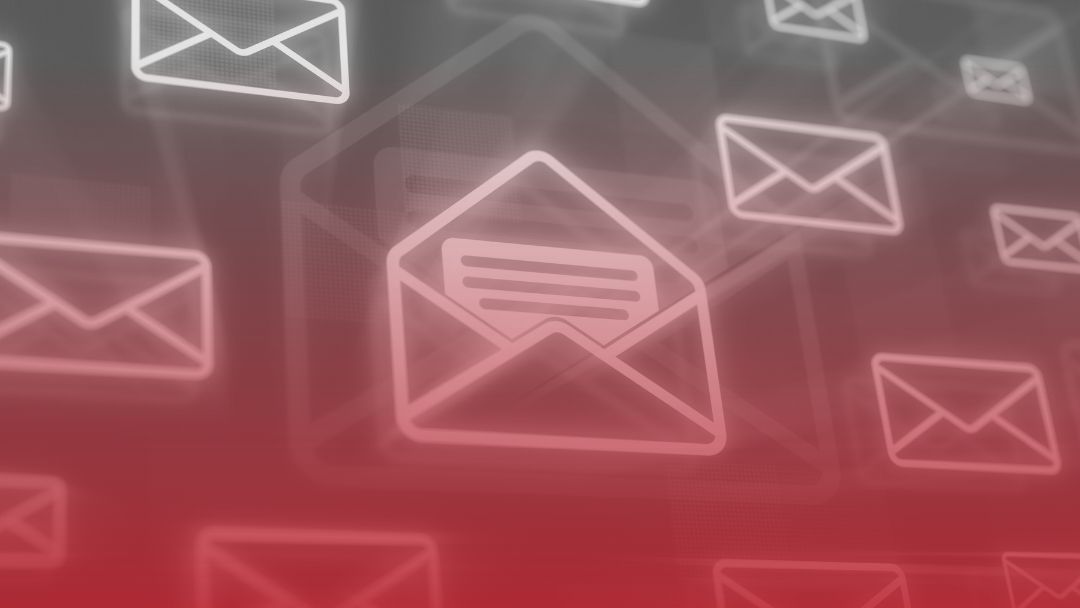
Protect Your Business from Phishing Attacks
The Growing Threat of Phishing Attacks Phishing attacks are one of the most common and dangerous cyber threats businesses face today. Over 90% of data breaches begin with a phishing attack, where hackers trick employees into revealing sensitive information through...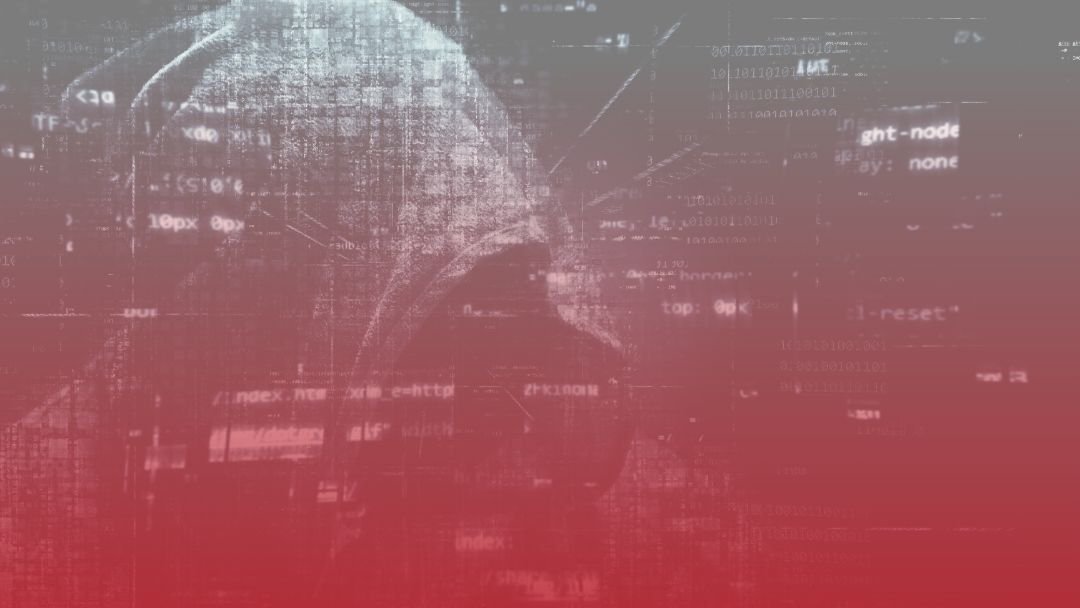
Understanding Double Extortion Ransomware-as-a-Service (RaaS) and Its Impact on Businesses
Cyber threats are evolving at an alarming rate, and ransomware remains one of the biggest dangers to businesses worldwide. Among the latest tactics used by cybercriminals is double extortion ransomware, often delivered through Ransomware-as-a-Service (RaaS). This...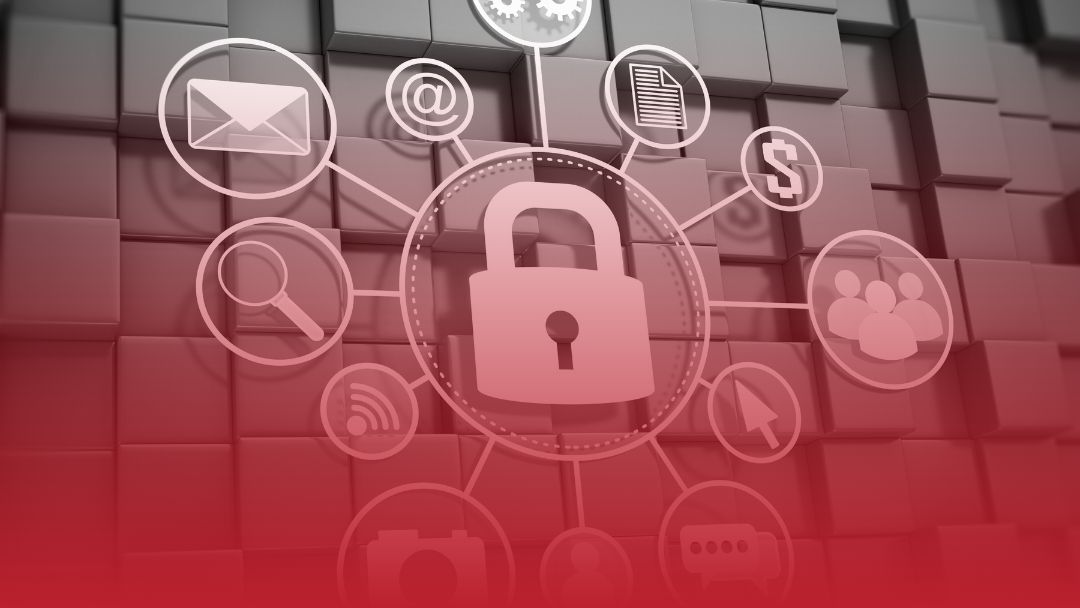
Celebrate Safer Internet Day
Understanding the Risks of the Digital World The internet has become an essential part of our daily lives, but it also comes with serious risks. Cybercriminals are constantly finding new ways to steal data, spread malware, and compromise personal and business...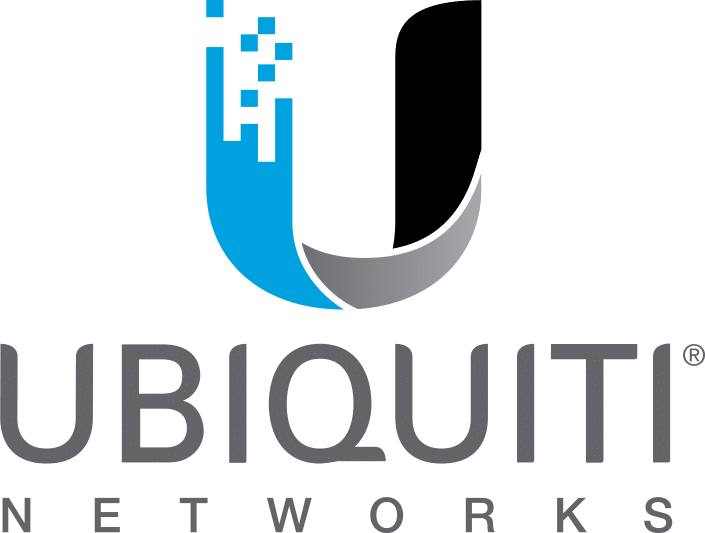
UniFi CyberSecure Next-Gen Antivirus
One of MAXtech’s major network hardware and service providers, Ubiquiti, has introduced a powerful new network cybersecurity tool as part of its UniFi Network 9.0 features—UniFi CyberSecure. CyberSecure, powered by Proofpoint, provides a next-generation approach to...
The Ultimate Guide to Data Backup for Small Businesses in 2025
Data is the backbone of business success. It drives growth, informs decision-making, and keeps operations running smoothly. However, with this reliance comes substantial risks. Cyberattacks, hardware failures, and natural disasters can lead to data loss, downtime, and...
How Much Does Managed IT Services Cost?
Technology Is Essential, But Managing It Is a Challenge Running a business without reliable technology is impossible. Phones, computers, internet, and other devices are essential for success. However, managing and maintaining this technology is a complex task that...

